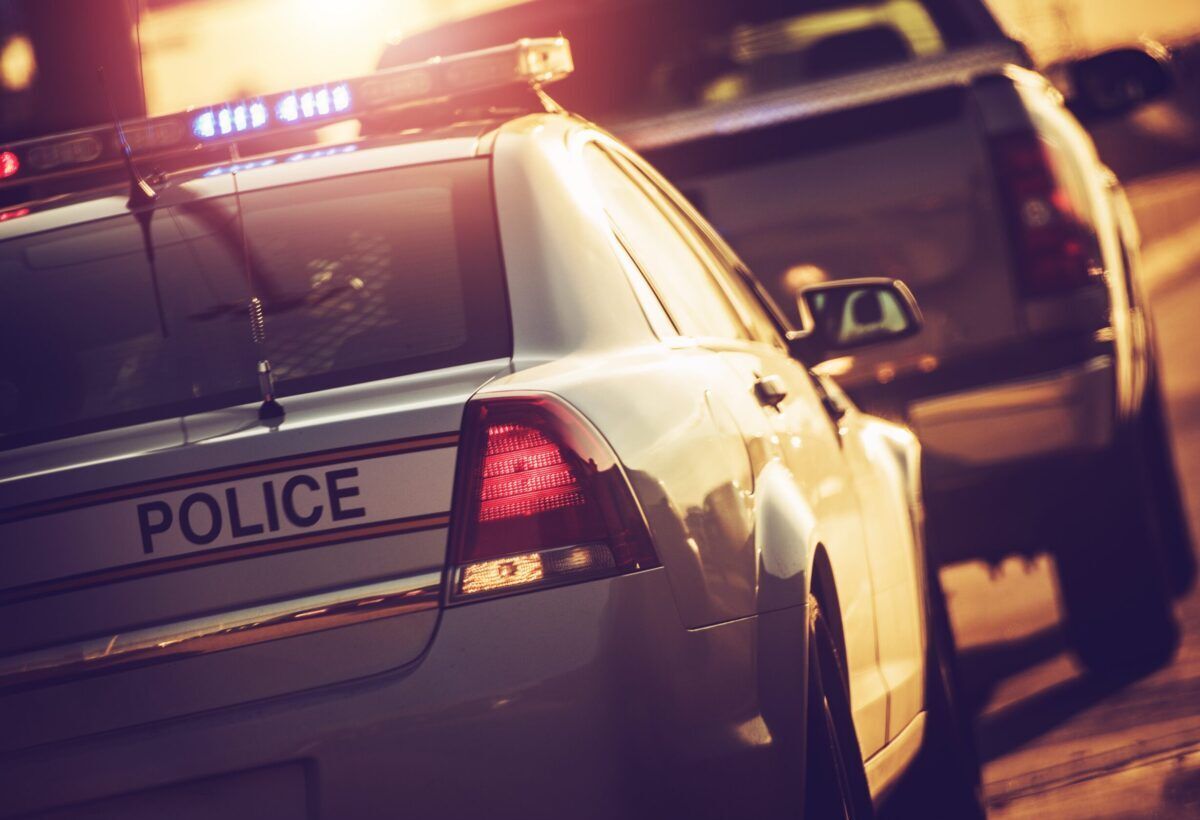What You Need to Know about License Suspension and Revocation
Driving is something most of us take for granted. However, North Carolina recognizes driving as a privilege, not a right. “If you abuse it, you may lose it,” as the DMV says.
Losing your license can be a result of one or multiple offenses, some not even traffic-related. You may lose your driving privileges in one of two ways: having your license suspended or revoked. More severe offenses or repeated violations may lead to license revocation.
What is the Difference Between License Suspension and License Revocation?
A suspension means that your driving privileges have been temporarily halted for a specific period. Your license may be reinstated after fulfilling all terms of your suspension, and then you can apply for a new one.

A revocation means that your driving privileges have been terminated. You can’t get your license back until you pass all tests and complete any other requirements. You may later re-apply, but the state may deny your application for several reasons.
Traffic Offenses
The following is an incomplete list of traffic violations resulting in license suspension or revocation:
- Driving after consuming alcohol under age 21
- Speeding over 15 mph over if the speed limit is 55 mph or more
- Two convictions of speeding more than 55 mph in one year
- Speeding more than 55 mph and reckless driving
- Manslaughter by motor vehicle
- Assault by motor vehicle
- Conviction of a moving violation while license is revoked
- Refusal to submit to blood/breath test
- Aid and abet DWI or DWLR
- Two traffic citations within one year for a provisional license
- Three or more moving violations within one year
- Accumulation of traffic points
- Driving under the influence of alcohol or drugs
- Driving with a suspended license
- Use of altered/false license plates
- Speeding to elude
- Hit and run
- Street racing and speeding
- Failure to appear or pay court fees
Non-Traffic Offenses
You may have your license revoked due to non-traffic related offenses as well. Having your license revoked due to a non-traffic offense is often up to the judge’s discretion. The following are common violations that may lead to a license suspension or revocation:
- Non-DUI alcohol or drug-related offenses
- Not paying automobile insurance
- Failure to appear or pay court fees
- Failure to pay child support
- Dropping out of high school
- Medically or mentally unfit to drive
- A second conviction of possession of an open container
How To Get Your License Back
 License revocation and suspension may be settled with or without a hearing. Not all violations require a hearing.
License revocation and suspension may be settled with or without a hearing. Not all violations require a hearing.
If you are granted your license after a hearing, you will have to follow specific terms and conditions. If you don’t have to go to court, or your hearing didn’t go in your favor, you may be allowed to apply for another license after your suspension period. The state will decide if you are eligible to drive again.
Once you have completed all requirements and your suspension time has ended, you will be eligible to apply for another license. Make sure you have all of the required documents, including proof of identity and insurance. You will also have to pay fees, including restoration and service fees, as well as DWI reinstatement fees, if applicable. These payments are separate from DMV and court costs, and the expense of purchasing a new license.
Do you need help with your license suspension or revocation? Contact the attorneys at Kelly & West so we can answer your questions.


